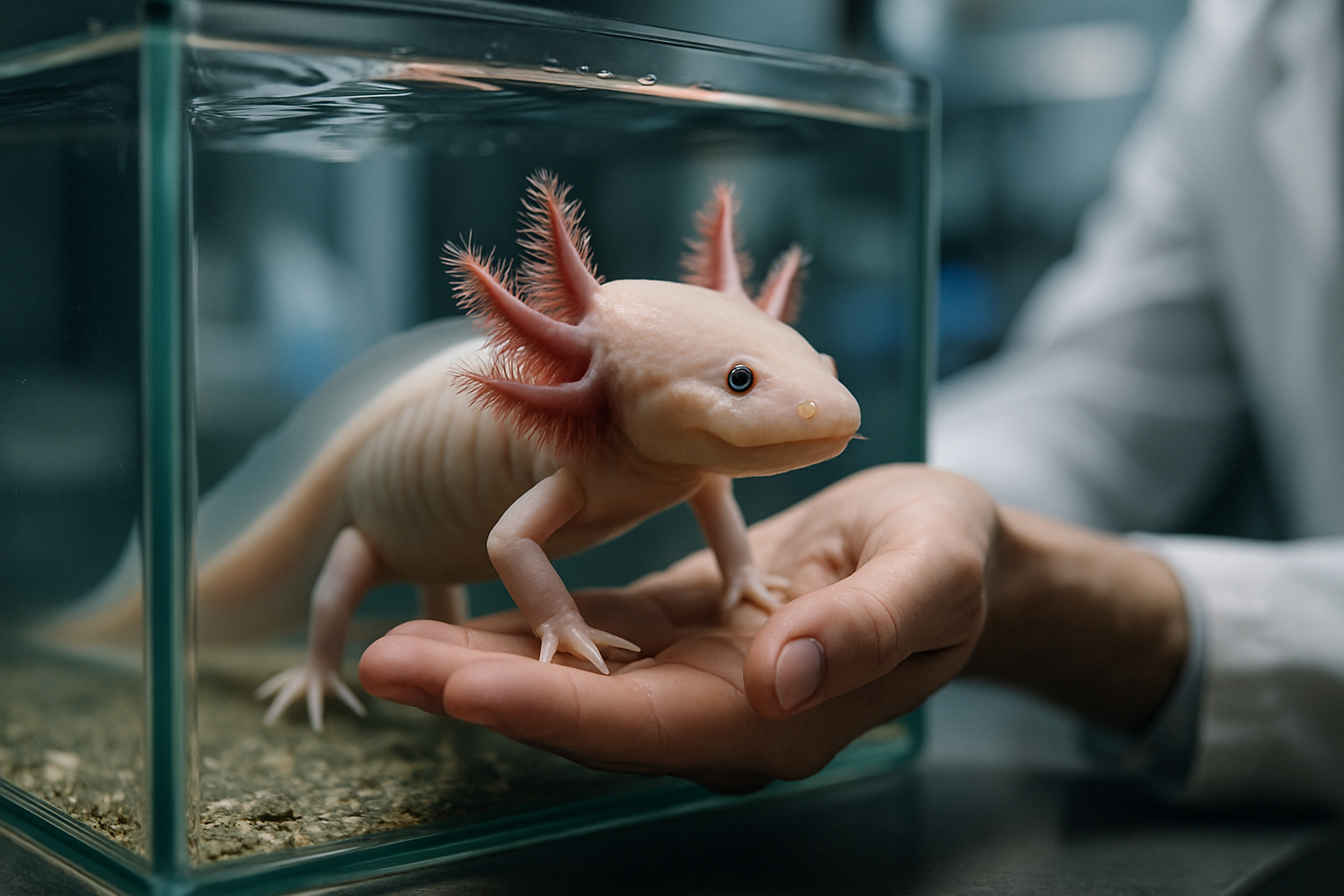Unraveling the Enigma of Octopus Intelligence
In the vast underwater realm, a creature of extraordinary intelligence and adaptability thrives, captivating scientists and animal enthusiasts alike. The octopus, with its eight arms and three hearts, has long been a subject of fascination. But recent studies have unveiled a level of cognitive prowess that challenges our understanding of invertebrate intelligence. This article delves into the remarkable world of octopus cognition, exploring their problem-solving abilities, emotional complexity, and potential for self-awareness.

Masters of Disguise and Deception
One of the most striking demonstrations of octopus intelligence is their unparalleled ability to camouflage. These cephalopods can instantaneously alter their skin color, texture, and pattern to blend seamlessly with their surroundings. This skill goes beyond mere instinct; octopuses have been observed creating elaborate disguises and even mimicking other sea creatures to avoid predators or ambush prey. Such behavior requires a high level of situational awareness and cognitive flexibility, traits typically associated with more advanced vertebrates.
Problem-Solving Prodigies
Octopuses have repeatedly astounded researchers with their problem-solving capabilities. In laboratory settings, they have been observed using tools, opening childproof bottles, and even escaping from seemingly secure enclosures. One famous example involves an octopus at a New Zealand aquarium that learned to short-circuit the lighting system by squirting water at the bulbs, much to the bewilderment of the staff. These anecdotes highlight the octopus’s ability to analyze situations, formulate strategies, and execute complex plans—all hallmarks of advanced intelligence.
Emotional Complexity and Social Behavior
Contrary to earlier beliefs, octopuses exhibit signs of emotional complexity and social behavior. While generally solitary, some species have been observed engaging in collaborative hunting and even forming temporary communities. More intriguingly, studies have shown that octopuses can recognize individual humans and react differently based on past interactions. This suggests a capacity for memory and perhaps even a rudimentary form of social cognition, challenging our preconceptions about invertebrate emotional capabilities.
The Consciousness Conundrum
Perhaps the most intriguing aspect of octopus intelligence is the question of consciousness. While defining and measuring consciousness in non-human animals remains a complex challenge, octopuses display behaviors that hint at a level of self-awareness. They have been observed using mirrors to navigate unfamiliar environments, suggesting a potential for self-recognition. Additionally, their ability to solve novel problems and adapt to changing circumstances indicates a form of flexible intelligence that some researchers argue may be indicative of conscious thought.
Implications for Animal Welfare and Ethics
The emerging understanding of octopus intelligence has profound implications for animal welfare and ethics. As we uncover more about their cognitive abilities, questions arise about the ethical treatment of these creatures in research settings and the fishing industry. Some countries have already begun implementing stricter regulations on octopus capture and handling, recognizing them as sentient beings capable of experiencing pain and distress. This shift in perception could lead to significant changes in how we interact with and study these fascinating creatures.
Challenges in Octopus Research
Studying octopus intelligence presents unique challenges. Their short lifespan, typically around 3-5 years, limits long-term studies. Additionally, their solitary nature and the vast differences between laboratory and natural environments make it difficult to fully assess their cognitive capabilities. Researchers are continually developing new methods to study octopuses in more naturalistic settings, using underwater cameras and non-invasive tracking technologies to gain insights into their behavior and problem-solving abilities in the wild.
The Future of Cephalopod Cognition Studies
As technology advances, so does our ability to delve deeper into the mysteries of octopus intelligence. Cutting-edge neuroimaging techniques are beginning to map the complex neural networks of cephalopod brains, offering new insights into how they process information. Some researchers are even exploring the potential for using octopuses as models for artificial intelligence, inspired by their decentralized neural system and adaptive problem-solving skills. The future of octopus research promises to not only expand our understanding of these enigmatic creatures but also challenge our very conception of intelligence itself.
In conclusion, the study of octopus intelligence continues to revolutionize our understanding of cognitive capabilities in the animal kingdom. These eight-armed wonders push the boundaries of what we thought possible for invertebrate minds, demonstrating problem-solving skills, emotional complexity, and potential self-awareness that rival many vertebrates. As we continue to unravel the enigma of octopus intelligence, we may find ourselves reevaluating our place in the cognitive hierarchy of the natural world, and perhaps, gaining new perspectives on the nature of intelligence itself.





